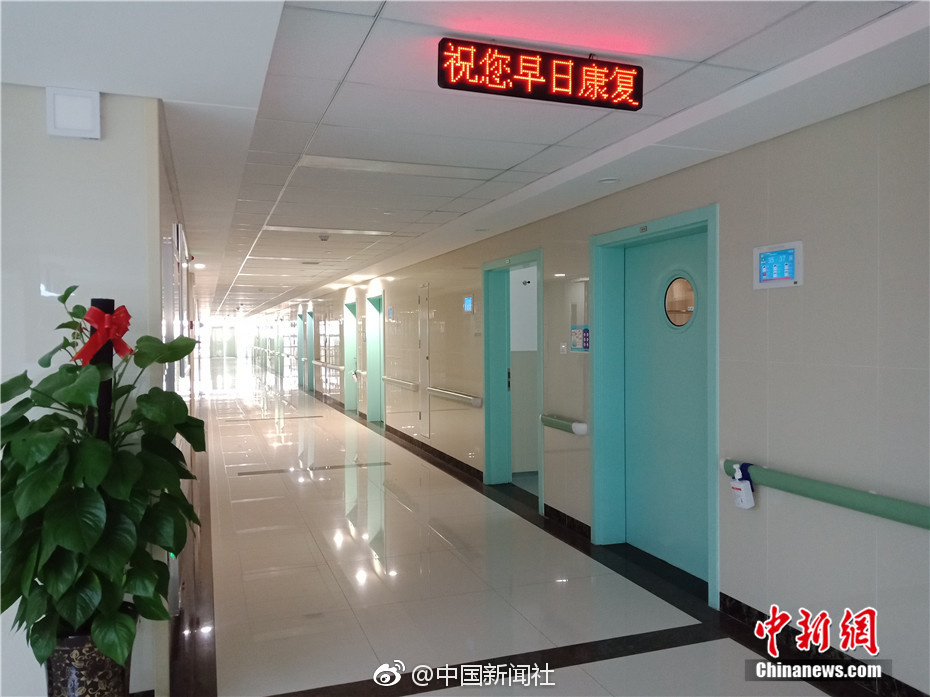
The five functional modules of the operating system are processor management, memory management, device management, file management and operation management. Processor management The most basic function of processor management is to process interrupt events. After configuring the operating system, various events can be processed.
The functions of the computer operating system include: processor management, memory management, device management, file management, job management and other functional modules. Processor management. The most basic function of processor management is to handle interrupt events. The processor can only detect interrupt events and generate interrupts and cannot process them.
Storage management is divided into several functions: storage allocation, storage sharing, storage protection, and storage expansion.Equipment management has the following functions: equipment allocation, equipment transmission control, and equipment independence. File management: file storage space management, directory management, file operation management, file protection.
The operating system should usually include the following five functional modules: (1) Processor management. When multiple programs are running at the same time, solve the problem of processor (cpu) time allocation. ( 2) Operation management. The program to complete an independent task and its required data constitute a task.
The function of the operating system is mainly reflected in the management of computer resources - microprocessors, memory, external devices, files and tasks. The operating system sets this management function into the corresponding program management module, and each management module is responsible for a certain function.That is, the five functions of the operating system.
The operating system has five functions: processor management: mainly controls and manages the work of the CPU. Storage management: mainly carry out memory allocation and management device management: mainly manage basic input and output device file management: responsible for the organization, storage, operation and protection of computer files, etc.

There are the following types of management systems: the management system of the finished product set. This kind of system is a stereotyped management system, which makes a small number of functional adjustments to the software through the parameter settings of the software.
Transaction Processing System (TPS): Operators and supervisors are used to input transactions, events, sort, list, merge updates, output detailed reports, lists and summaries, etc. Management Information System (MIS): Middle managers are used to input general transaction data and simple models to process routine reports.
Adgecal management system Academic management system is one of the most core management systems of the school, which is responsible for arranging and managing the school's teaching activities. It includes curriculum setting, teaching plan, teacher arrangement, examination management and other contents.
VMware vSphere: It is a virtualization management platform that can be used to manage virtual machines, storage and networks, etc. Nagios: It is an open source network monitoring system that can be used to monitor network devices, servers and applications, etc.
Financial subsystem: providing the function of financial management information; Decision support subsystem: make the logistics information system reach a higher level.
ERP management system brand Youyou, Jindie International Software, Wave Software, Dingjie Software, Zhenghang Software. Use friends.
1. System management refers to the information technology system that manages enterprises, and file management is one of the five major functions of the operating system.First, network management refers to the centralized management of resources on the network by network administrators through network management programs.
2. System Management regards organizational components as interrelated and interdependent systems, so it advocates applying the system concept to the management concept.
3. System management refers to the process of maintaining, managing and monitoring computer systems. As an important part of enterprise informatization construction, the importance of computer system management cannot be ignored.
Binance login-APP, download it now, new users will receive a novice gift pack.
The five functional modules of the operating system are processor management, memory management, device management, file management and operation management. Processor management The most basic function of processor management is to process interrupt events. After configuring the operating system, various events can be processed.
The functions of the computer operating system include: processor management, memory management, device management, file management, job management and other functional modules. Processor management. The most basic function of processor management is to handle interrupt events. The processor can only detect interrupt events and generate interrupts and cannot process them.
Storage management is divided into several functions: storage allocation, storage sharing, storage protection, and storage expansion.Equipment management has the following functions: equipment allocation, equipment transmission control, and equipment independence. File management: file storage space management, directory management, file operation management, file protection.
The operating system should usually include the following five functional modules: (1) Processor management. When multiple programs are running at the same time, solve the problem of processor (cpu) time allocation. ( 2) Operation management. The program to complete an independent task and its required data constitute a task.
The function of the operating system is mainly reflected in the management of computer resources - microprocessors, memory, external devices, files and tasks. The operating system sets this management function into the corresponding program management module, and each management module is responsible for a certain function.That is, the five functions of the operating system.
The operating system has five functions: processor management: mainly controls and manages the work of the CPU. Storage management: mainly carry out memory allocation and management device management: mainly manage basic input and output device file management: responsible for the organization, storage, operation and protection of computer files, etc.

There are the following types of management systems: the management system of the finished product set. This kind of system is a stereotyped management system, which makes a small number of functional adjustments to the software through the parameter settings of the software.
Transaction Processing System (TPS): Operators and supervisors are used to input transactions, events, sort, list, merge updates, output detailed reports, lists and summaries, etc. Management Information System (MIS): Middle managers are used to input general transaction data and simple models to process routine reports.
Adgecal management system Academic management system is one of the most core management systems of the school, which is responsible for arranging and managing the school's teaching activities. It includes curriculum setting, teaching plan, teacher arrangement, examination management and other contents.
VMware vSphere: It is a virtualization management platform that can be used to manage virtual machines, storage and networks, etc. Nagios: It is an open source network monitoring system that can be used to monitor network devices, servers and applications, etc.
Financial subsystem: providing the function of financial management information; Decision support subsystem: make the logistics information system reach a higher level.
ERP management system brand Youyou, Jindie International Software, Wave Software, Dingjie Software, Zhenghang Software. Use friends.
1. System management refers to the information technology system that manages enterprises, and file management is one of the five major functions of the operating system.First, network management refers to the centralized management of resources on the network by network administrators through network management programs.
2. System Management regards organizational components as interrelated and interdependent systems, so it advocates applying the system concept to the management concept.
3. System management refers to the process of maintaining, managing and monitoring computer systems. As an important part of enterprise informatization construction, the importance of computer system management cannot be ignored.
Binance Download for PC Windows 10
author: 2025-01-10 16:25 Binance wikipedia
Binance wikipedia
847.18MB
Check okx.com login
okx.com login
169.22MB
Check OKX Wallet APK
OKX Wallet APK
828.65MB
Check OKX Wallet login
OKX Wallet login
654.96MB
Check OKX Wallet apk download
OKX Wallet apk download
244.34MB
Check Binance login
Binance login
659.52MB
Check OKX review
OKX review
739.63MB
Check OKX Wallet to exchange
OKX Wallet to exchange
157.28MB
Check OKX Wallet
OKX Wallet
514.81MB
Check Binance Download for PC
Binance Download for PC
197.39MB
Check OKX Wallet app download for Android
OKX Wallet app download for Android
895.54MB
Check Binance login App
Binance login App
281.37MB
Check OKX review
OKX review
265.42MB
Check Binance US
Binance US
786.75MB
Check Binance market
Binance market
231.55MB
Check OKX Wallet login
OKX Wallet login
415.64MB
Check Binance APK
Binance APK
723.86MB
Check OKX app
OKX app
384.74MB
Check OKX Wallet to exchange
OKX Wallet to exchange
466.79MB
Check Binance login
Binance login
512.44MB
Check OKX Wallet login
OKX Wallet login
453.71MB
Check Binance market
Binance market
228.76MB
Check Binance Download for PC
Binance Download for PC
613.28MB
Check Binance login
Binance login
983.79MB
Check OKX download
OKX download
989.61MB
Check OKX Wallet to exchange
OKX Wallet to exchange
334.91MB
Check Binance market
Binance market
291.86MB
Check Binance app download Play Store
Binance app download Play Store
484.22MB
Check Binance app
Binance app
762.33MB
Check Binance APK
Binance APK
413.42MB
Check Binance download Android
Binance download Android
351.52MB
Check OKX Wallet Sign up
OKX Wallet Sign up
168.82MB
Check Binance login
Binance login
489.92MB
Check Binance APK
Binance APK
187.51MB
Check OKX Wallet download
OKX Wallet download
516.71MB
Check okx.com login
okx.com login
375.23MB
Check
Scan to install
Binance login to discover more
Netizen comments More
341 借酒浇愁网
2025-01-10 17:51 recommend
2735 恢廓大度网
2025-01-10 17:48 recommend
2723 秋扇见捐网
2025-01-10 17:41 recommend
1968 超然自逸网
2025-01-10 16:37 recommend
2331 鹊巢鸠踞网
2025-01-10 15:54 recommend